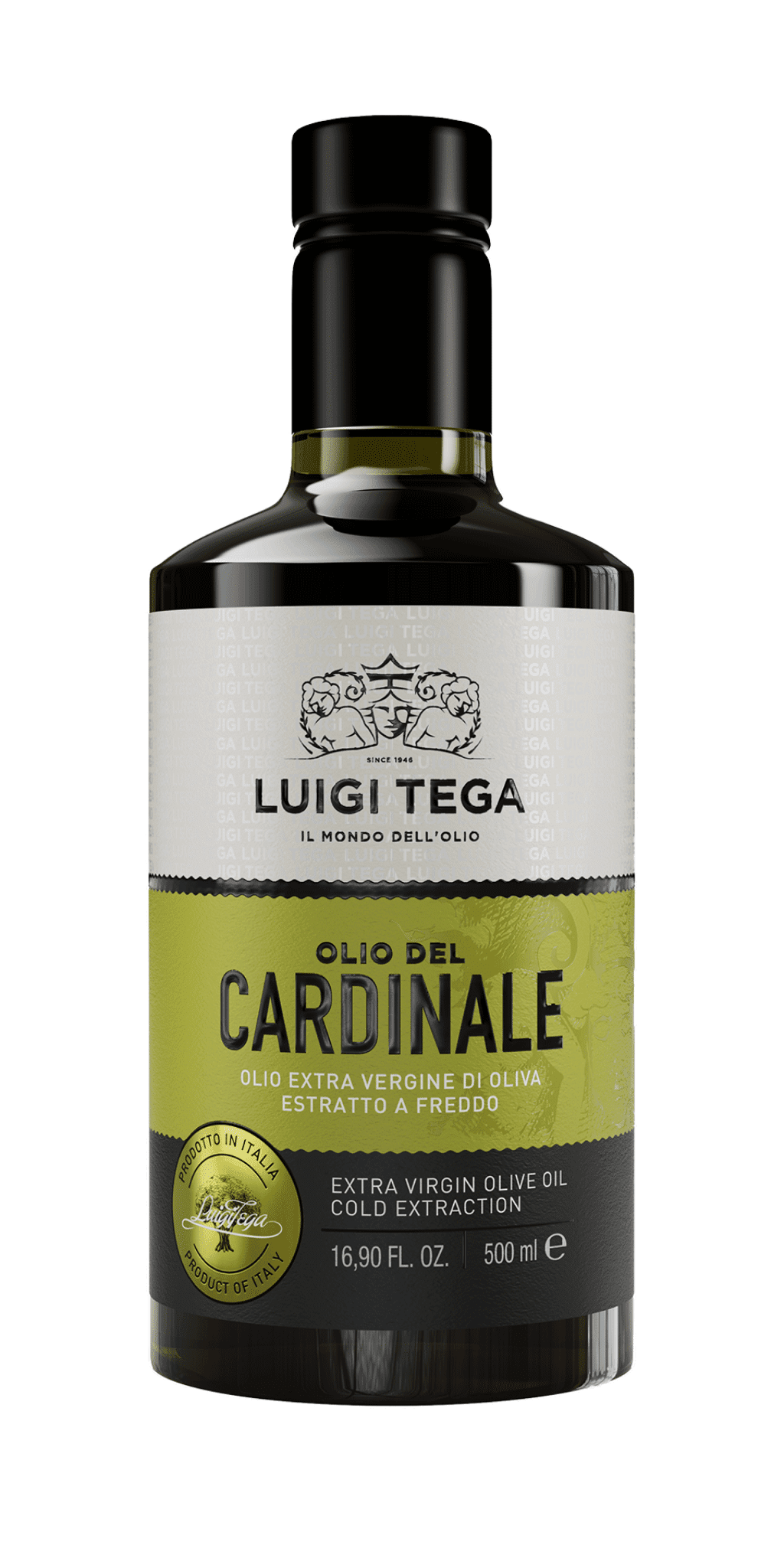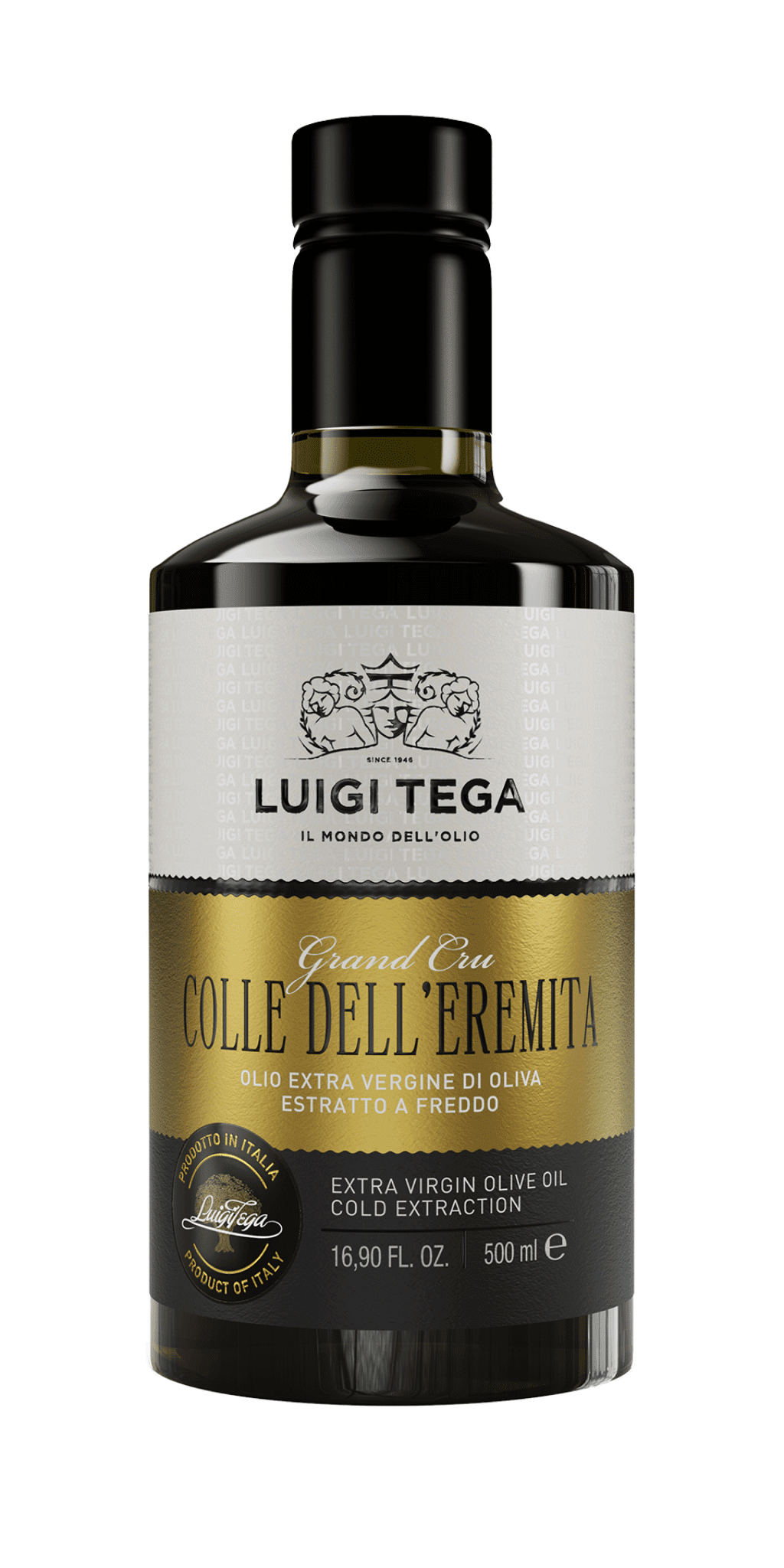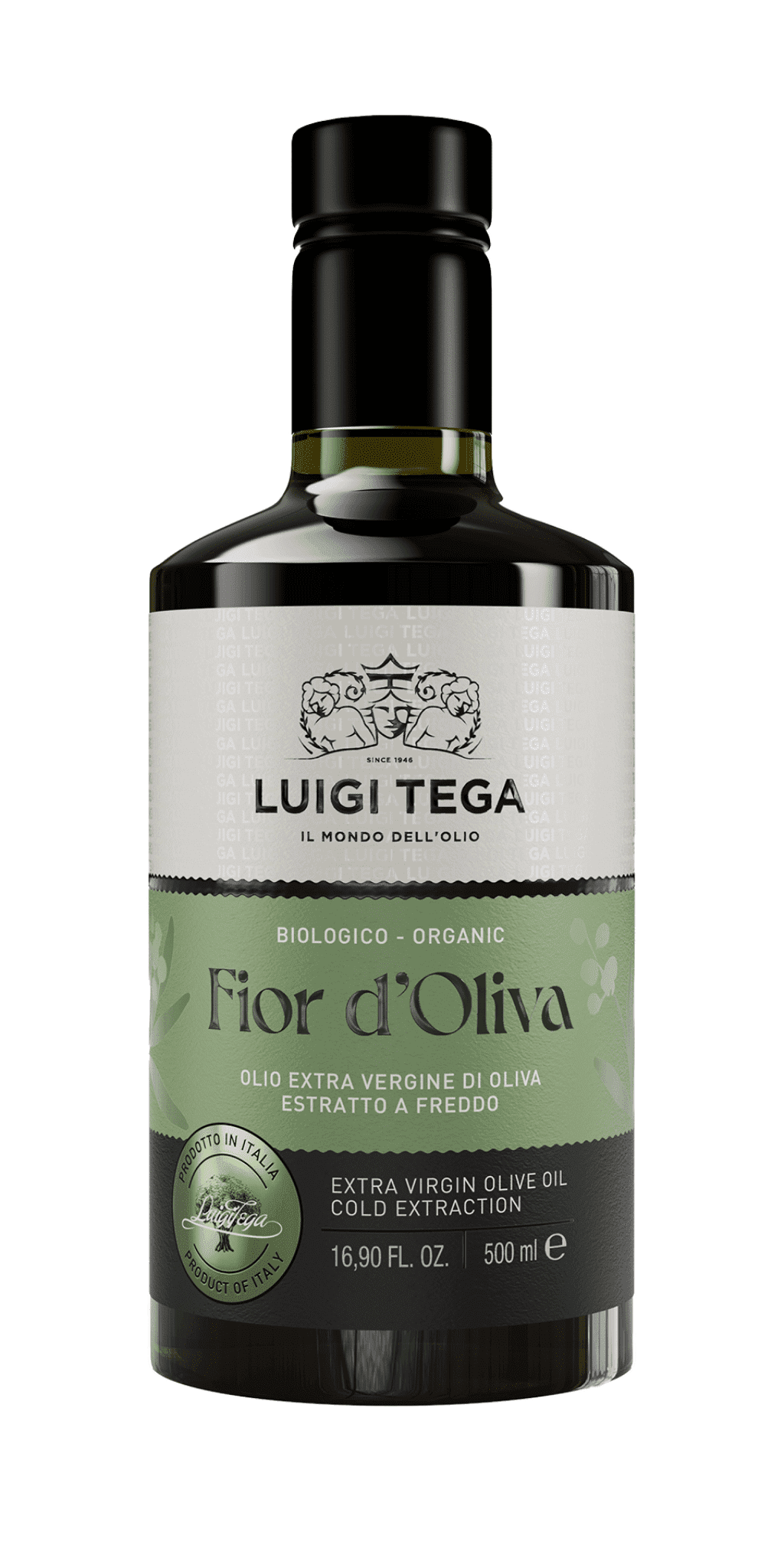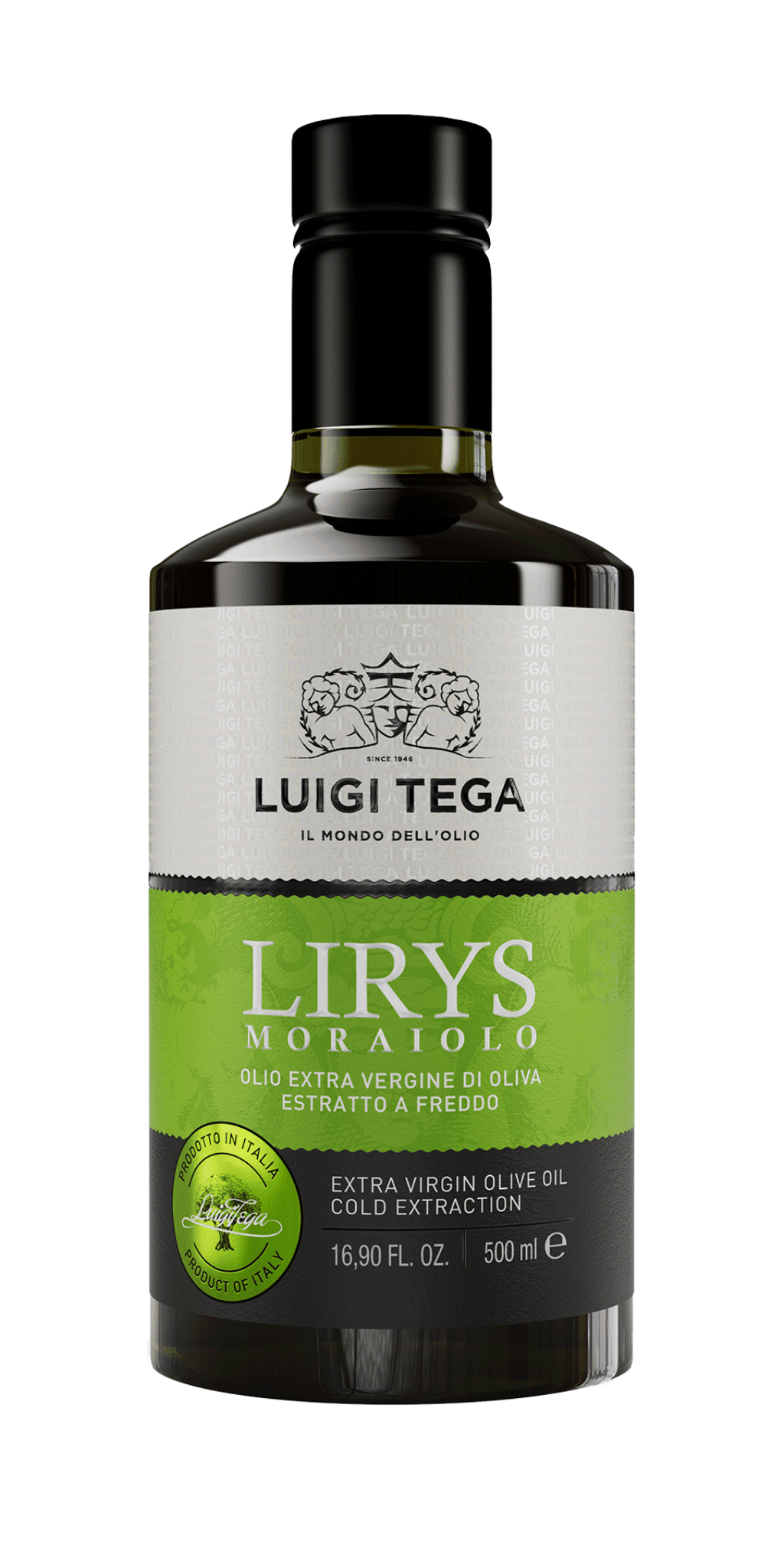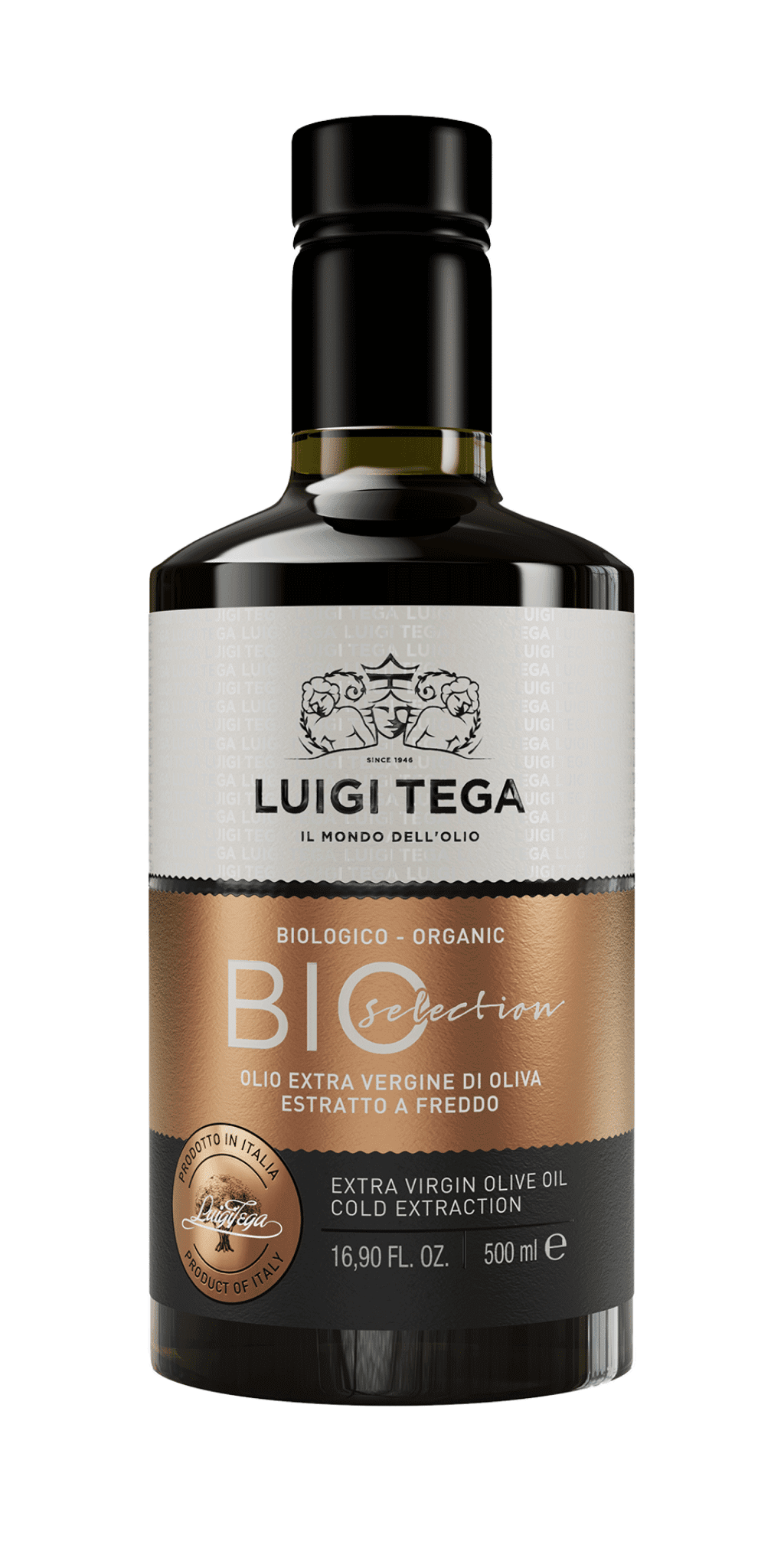EXTRA VIRGIN OLIVE OILS

Extra Virgin Olive Oil:
a treasure from the heart of nature

Extra virgin olive oils (EVO) constitute the beating heart at the origin of the passion for our work. Our collection includes five unique variations of EVO, each intrinsically different since its creation.



These differences lie in the different olive cultivars used, the harvest times and the specific processing methods that characterize each of our oils.

Different cultivars,
unique flavor nuances

Each extra virgin oil in our collection has a unique personality, determined by the combination of factors such as climate, cultivar, soil and the care with which the olives are grown and harvested. Some oils may present fresh and herbaceous notes, typical of early harvests, while others may offer more delicate and floral tones, the result of further autumn maturation.
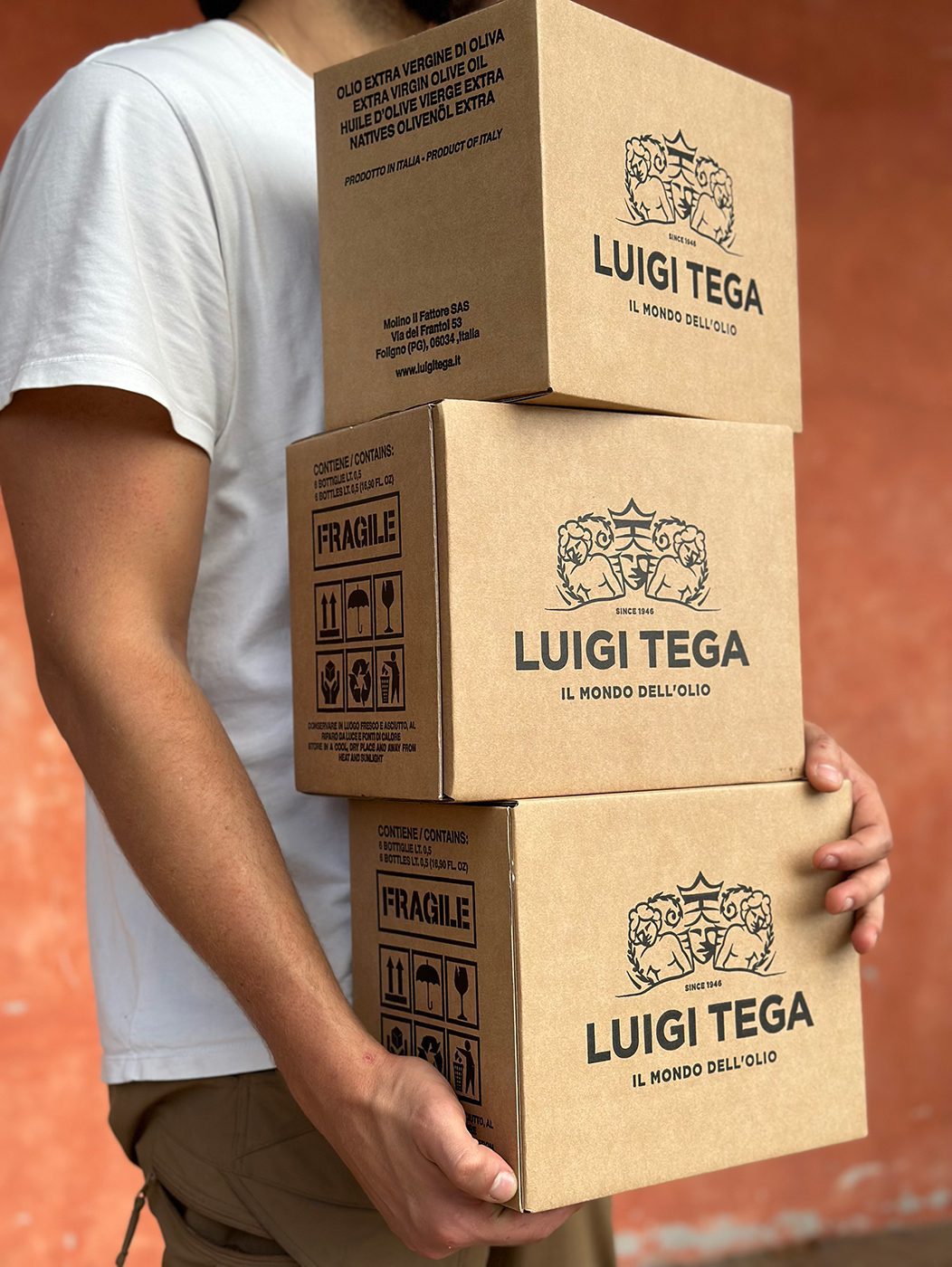


The destiny of the Luigi Tega oil mill has always been shaped by bold choices, starting with the founder’s decision to make Moraiolo the distinctive cultivar of our production, creating the intense and herbaceous style for which our extra virgin is recognized throughout the world.
Not only quality, but also wellness in every drop
All our EVO oils, in addition to being unique in their nuances, share a fundamental aspect: they are rich in antioxidants and polyphenols, making them not only a tasty addition to numerous culinary creations, but also a nutritious choice that contributes to our general well-being.

